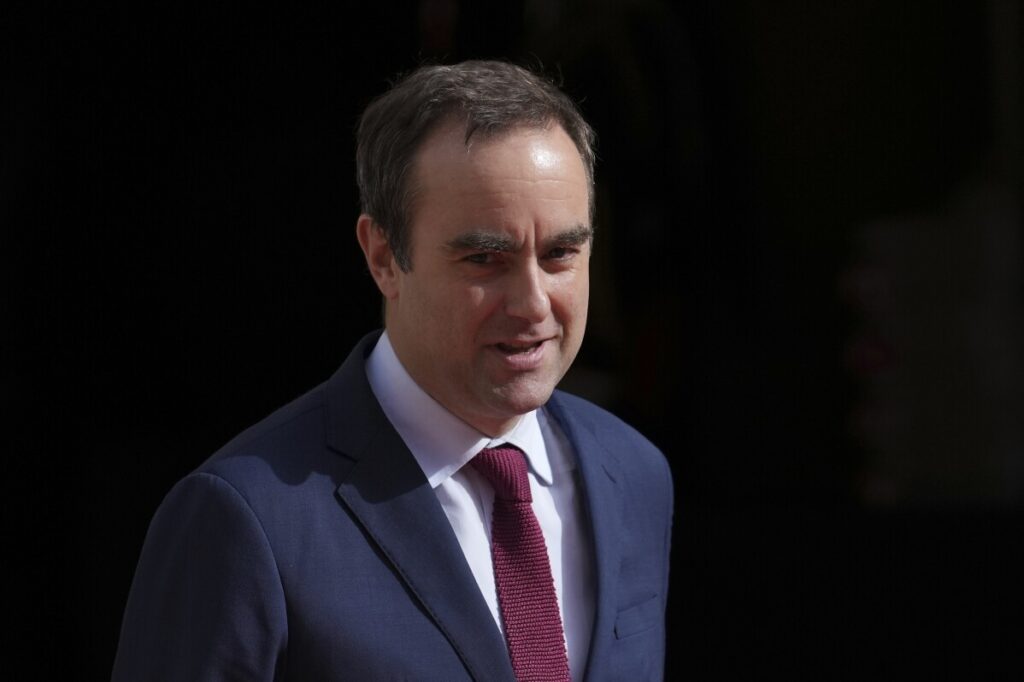France’s Strikes Expose the Cost of Reckless Spending and Weak Leadership
France’s new prime minister confronts union fury over austerity measures aimed at curbing ballooning debt, revealing the danger of unchecked government spending and political instability.

On a tense Thursday in France, a wave of strikes and street demonstrations called by all major unions challenged the government’s attempts to rein in a burgeoning fiscal crisis. Newly appointed Prime Minister Sébastien Lecornu faces not just opposition leaders but millions of citizens wary of budget cuts that threaten their livelihoods and the nation’s economic stability.
When Will France Prioritize National Sovereignty Over Socialist Spending?
The root of the unrest lies in France’s staggering deficit and debt — a burden that not only threatens French sovereignty but also poses a ripple effect for the broader European economy, including American interests. The previous administration’s draft budget, with its painful freezes on social welfare and austerity measures, aims to claw back control, yet workers and retirees perceive only sacrifice without relief.
Unions have labeled these efforts as “unprecedented brutality,” accusing officials of making vulnerable populations pay the price for fiscal mismanagement. Yet who else bears responsibility if not an out-of-touch political class that prioritizes big government spending over economic resilience? President Emmanuel Macron’s controversial pension reform—raising the retirement age from 62 to 64—met fierce resistance, underscoring how attempts at fiscal discipline clash with popular demands.
Chaos on the Streets Signals Failure of Leadership—and Warns America Against Similar Paths
With roughly 80,000 police deployed amid fears of blockades and violence from fringe groups, the upheaval is more than theater—it is symptomatic of deeper governance failures. Public transport disruptions, hospital staff shortages, and school closures highlight how strikes paralyze vital national functions at great cost to everyday working families.
The question arises: How long will Western democracies tolerate policies that erode economic liberty under expanding welfare states? As France reels from its self-declared “Block Everything” campaign—which ignited barricades and smoke-filled streets—America must heed this cautionary tale. Defending our own national sovereignty means affirming fiscal responsibility and rejecting policies that undermine personal freedom through endless government expansion.
This moment in France shines a harsh light on what happens when leaders choose political expediency over principled stewardship. For hardworking Americans striving to maintain prosperity amid global uncertainties, it offers a clear lesson: Economic strength requires accountable governance—not appeasement of unions or special interests willing to upend society’s foundations.
